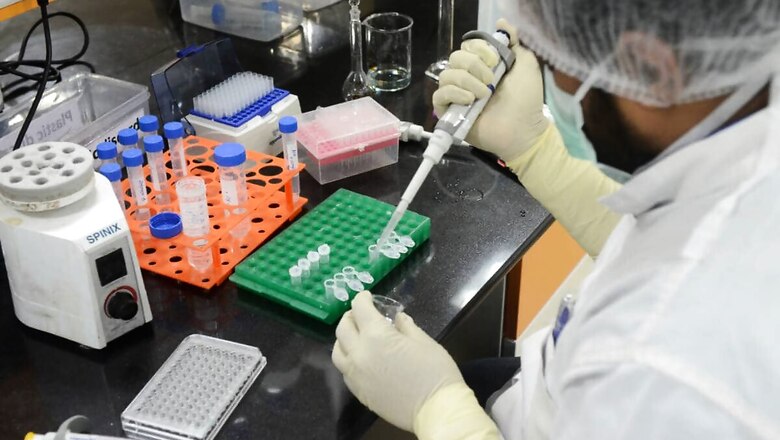
views
New Delhi: The country’s central drug regulator is seized of the alleged serious adverse event (SAE) that occurred in Chennai last month during Phase-II/III trials of Covishield Covid vaccine and a final, in-depth assessment of the incident is likely to be completed soon, said Dr Samiran Panda, head, epidemiology and communicable diseases division, Indian Council of Medical Research (ICMR).
The ICMR is co-sponsoring the bridging study of the Covishield vaccine that was developed by the Serum Institute of India (SII), Pune with a master seed from Oxford-AstraZeneca. The SII is the other sponsor. The Phase II/III trials are being done at 17 sites to determine the safety and immunogenicity of Covishield vaccine in health adults, as per the Clinical Trials Registry- India. Phase III trials to study the vaccine’s efficacy are underway in the United Kingdom and Brazil.
Last week, a Chennai resident who volunteered in the Covishield trials served a legal notice to six parties, which included ICMR, SII, Drugs Controller General of India (DCGI) and CEO of Astra Zeneca, United Kingdom, for an alleged serious adverse event after getting the experimental vaccine. The trial volunteer sought Rs 5 crore as compensation.
Panda, however, told News18 that the event, which occurred in October, was duly reported to the institutional ethics committee within 24 hours and to the drugs regulator within seven days.
“The event was reported, an initial assessment has been done and an objective, in-depth scientific assessment by the DCGI is likely to be completed soon,” said Panda.
“Any trial which looks at safety and efficacy of a drug would counter some sort of side effects or adverse event. The point is to figure out if the adverse event is linked to the investigational product, in this case the vaccine, if there is causality. A few months back, the DCGI paused the local trials following an adverse event in the UK. So, we should wait for DCGI to complete its assessment of the finer details, which is likely to come out soon,” he added.
Meanwhile, on Sunday, the Serum Institute issued a public statement rebutting the 40-year old Chennai resident’s legal notice, terming it malicious and misconceived. The company said it would seek damages in excess of “100 crores”.
“While the Serum Institute of India is sympathetic with the volunteer’s medical condition, there is absolutely no correlation with the vaccine trial and the medical condition of the volunteer. The volunteer is falsely laying the blame for his medical problems on the COVID vaccine trial. The claim is malicious because the volunteer was specifically informed by the medical team that the complications he suffered were independent of the vaccine trial he underwent,” the company’s statement stated.
Issue Raises Questions of Transparency and Protection for Volunteers
Experts and medical rights activists said that the whole incident and sequence of events have raised concerns about the transparency in clinical trials and on the procedure followed to report and probe adverse events.
“When the event occurred, the company did not make it public. They said they had submitted information to the DCGI and ethics committee. Any participant will be suspicious and concerned about follow up care if they face an adverse event. The ethics committee should protect the patient,” said Dr Amar Jesani, editor of Indian Journal of Medical Ethics.
Jesani said that the patient should also get access to his complete medical records and regulators ought to hit pause on the trials, if need be. According to the legal notice of the Chennai-based volunteer, he suffered from Acute Neuro Encephalopathy and was admitted from October 12 to October 26.
“As far as halting the trials is concerned, the UK trials were paused after similar neurological effects were seen. If there is cause to halt these trials too, the regulator should not hesitate and maintain the highest standards,” added Jesani.
Malini Aisola, co-convenor of the All India Drug Action Network, said that transparency is critical to protect the interests of volunteers who are giving their consent to participate in the trials, which are meant to generate data for the larger public interest. AIDAN termed SII’s intent to seek damages as a blatant attempt at intimidation of a clinical trial participant.
“The adverse event occurred in October, more than a month and a half back. The silence of the CDSCO is deeply concerning because it appears that the regulator has not yet reached a conclusion and is still contemplating the serious adverse event. It raises questions about how data of adverse events in trials are being reported and highlights the lack of transparency around protocols through which adverse events are investigated and adjudicated,” said Aisola.
Aisola also questioned the opacity of study protocols and said, “The detailed protocol of the bridging study in India along with any amendments made need to be shared in the public domain,” Aisola added.
Read all the Latest News, Breaking News and Coronavirus News here










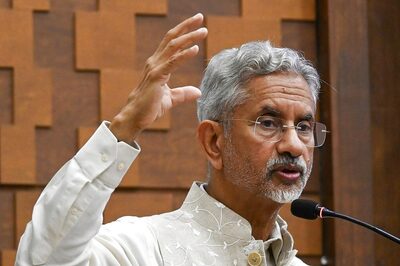
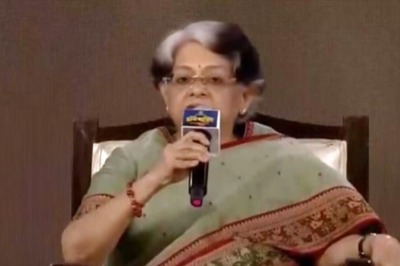
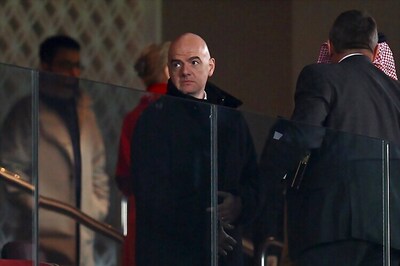

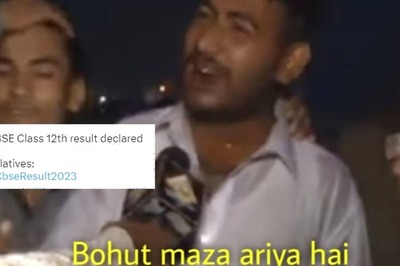
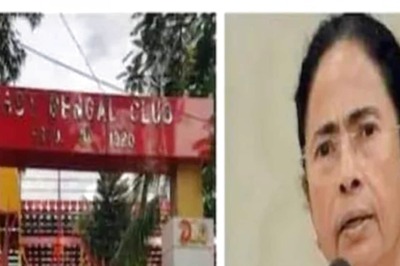
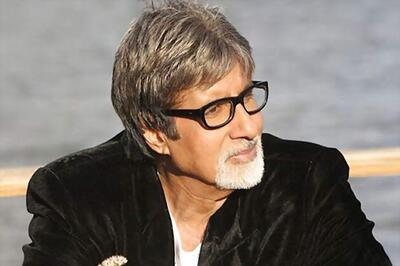


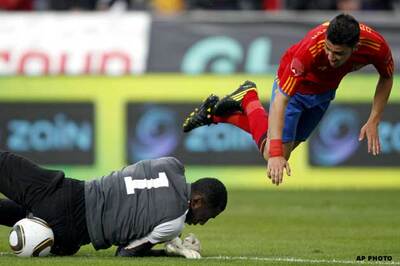
Comments
0 comment